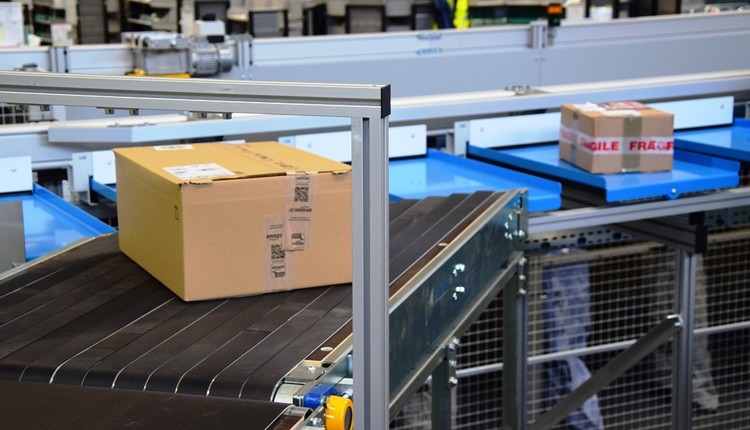Washington, DC – November 30, 2009 – The National Gateway, a multi-state public-private partnership seeking to create a state-of-the-art freight rail route between Mid-Atlantic ports and Midwestern markets, is poised to create significant environmental benefits including lower emissions and reduced fuel consumption.
By clearing existing rail routes for double-stack freight trains, the National Gateway will convert over 14 billion highway miles to rail and enable shippers to better utilize the environmental advantages of rail transportation, reducing CO2 emissions by almost 20 million tons and fuel consumption by nearly 2 billion gallons.
"The National Gateway project will build upon our success over the past five years in converting our eastbound freight from Asia from a partial trucking to an all-rail network from the west coast port regions – an effort that contributed to our winning EPA Smartway Awards in 2007 and again in 2009,” said John Joseph, senior manager of international transportation for Limited Brands. “We are excited about the increase in supply chain speed, contribution to our environmental stewardship program, and of course the greatly needed new jobs the National Gateway project will create in Ohio."
The National Gateway will invest over $840 million to increase tunnel clearances, raise bridges and develop new intermodal terminals along existing rail corridors to support the movement of double-stacked rail containers. These infrastructure investments will support the increased use of freight rail, the most environmentally friendly way to move goods on land. Trains can move a ton of freight more than 436 miles on a single gallon of fuel, making rail transportation three times more fuel-efficient than alternatives.
In addition to infrastructure upgrades, all facilities built or expanded to support the National Gateway will exemplify a commitment to environmental stewardship and serve as a catalyst for future economic development opportunities in the surrounding regions. Modern, high-technology operating methods, such as electric crane systems, will be used where possible in order to ensure that each facility is safe and environmentally friendly.
To date, the project has received $393 million in funding commitments from freight transportation company CSX Corporation and its affiliates. Partner states are expected to fund $191 million, with an additional $258 million requested from the federal government. In addition to governors and other state and local officials across six states, more than three dozen members of Congress, three port authorities, and a large number of global shippers, ocean carriers, business organizations and environmental groups have pledged their support for the National Gateway.
To learn more about the National Gateway, visit www.nationalgateway.org.
By clearing existing rail routes for double-stack freight trains, the National Gateway will convert over 14 billion highway miles to rail and enable shippers to better utilize the environmental advantages of rail transportation, reducing CO2 emissions by almost 20 million tons and fuel consumption by nearly 2 billion gallons.
"The National Gateway project will build upon our success over the past five years in converting our eastbound freight from Asia from a partial trucking to an all-rail network from the west coast port regions – an effort that contributed to our winning EPA Smartway Awards in 2007 and again in 2009,” said John Joseph, senior manager of international transportation for Limited Brands. “We are excited about the increase in supply chain speed, contribution to our environmental stewardship program, and of course the greatly needed new jobs the National Gateway project will create in Ohio."
The National Gateway will invest over $840 million to increase tunnel clearances, raise bridges and develop new intermodal terminals along existing rail corridors to support the movement of double-stacked rail containers. These infrastructure investments will support the increased use of freight rail, the most environmentally friendly way to move goods on land. Trains can move a ton of freight more than 436 miles on a single gallon of fuel, making rail transportation three times more fuel-efficient than alternatives.
In addition to infrastructure upgrades, all facilities built or expanded to support the National Gateway will exemplify a commitment to environmental stewardship and serve as a catalyst for future economic development opportunities in the surrounding regions. Modern, high-technology operating methods, such as electric crane systems, will be used where possible in order to ensure that each facility is safe and environmentally friendly.
To date, the project has received $393 million in funding commitments from freight transportation company CSX Corporation and its affiliates. Partner states are expected to fund $191 million, with an additional $258 million requested from the federal government. In addition to governors and other state and local officials across six states, more than three dozen members of Congress, three port authorities, and a large number of global shippers, ocean carriers, business organizations and environmental groups have pledged their support for the National Gateway.
To learn more about the National Gateway, visit www.nationalgateway.org.



